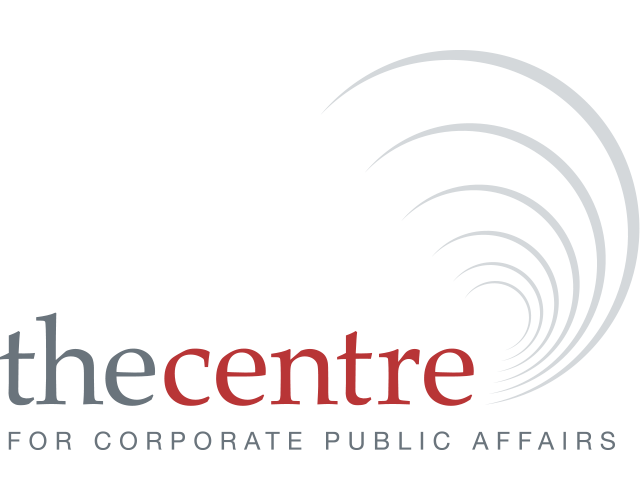Public Policy
The practice of public policy development (and its advocacy) most frequently sits in the government relations discipline in corporations in Asia Pacific. When not sitting in the government relations discipline (this is infrequent), public policy and its development sits most frequently in the regulatory affairs discipline.
In most industry associations, public policy is a core discipline comprising a substantial allocation of resources, including substantial numbers of full-time employees compared to other business units in an association.
In government departments with legislated public policy accountabilities, public policy is a cross-organisational responsibility, with many corporate public affairs/communications functions in departments developing and implementing strategy for stakeholder engagement as an input to developing policy.
Public policy is application of the levers of legislation, regulation, guidelines, and influence to achieve visions and outcomes sought by public policy makers. These public policy makers include public and civil servants, regulators, governments, and private sector advisers and entities active in the public policy arena.
Public policy relates to national constitutional laws and regulations and is embodied in constitutions, legislation, and judicial decisions. It concerns decisions that translate to outputs of a political system in which public policy is the process by which policy makers (governments and the public/civil service) translate vision into actions to deliver ‘outcomes’.
Public policy making is a dynamic, complex, and interactive process during which public problems are identified, considered, and resolved by creating new public policy, or by reforming existing policy. Societal problems and opportunities require different policy responses (regulations, funding, programs, subsidies, and laws).
In corporate public affairs management functions of corporations, industry associations, and advocacy groups, evidence-based public policy options are developed regularly as part of engagement with governments and public/civil servants, the news media, and other stakeholders in the ‘marketplace of policy ideas’.
The practitioners that develop those policy options and proposals frequently have backgrounds in policy and political advisory, economics, the public/civil service, and/or specific subject matter or technical skills.
In Asia Pacific, most publicly listed corporations as well as multi-national foreign corporations operating in those markets, seek to have a voice in public policy that influences their operating environment in the communities and economies in which they operate.
Related resources from the Centre's Knowlede Centre...
An Australian guide to the US election
In this podcast episode on Full Story, The Guardian’s Josephine Tovey explains everything you need to know about the...
NEWS-DIGESTExplore the Centre’s Knowledge Centre
Browse more Public Policy resources in the Knowledge Centre.
